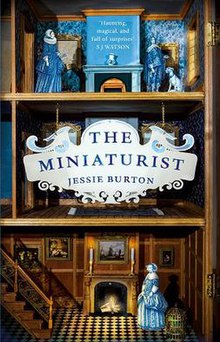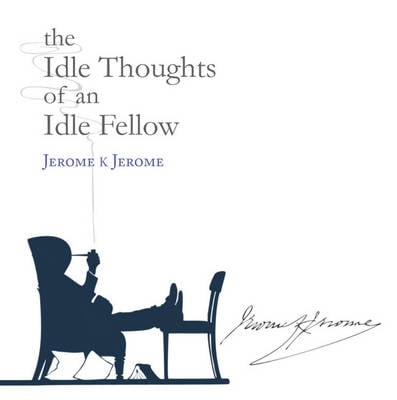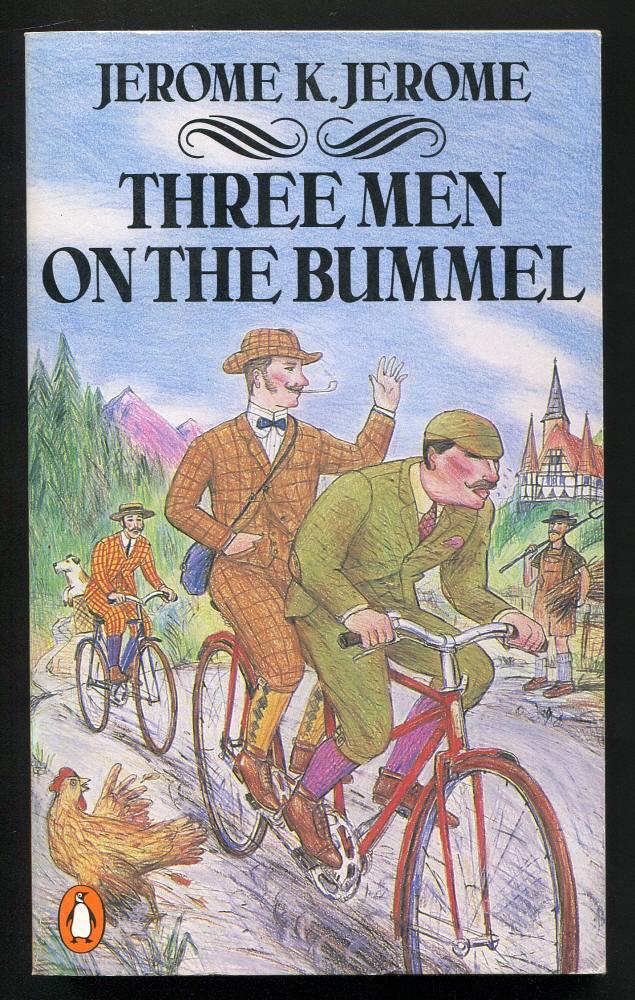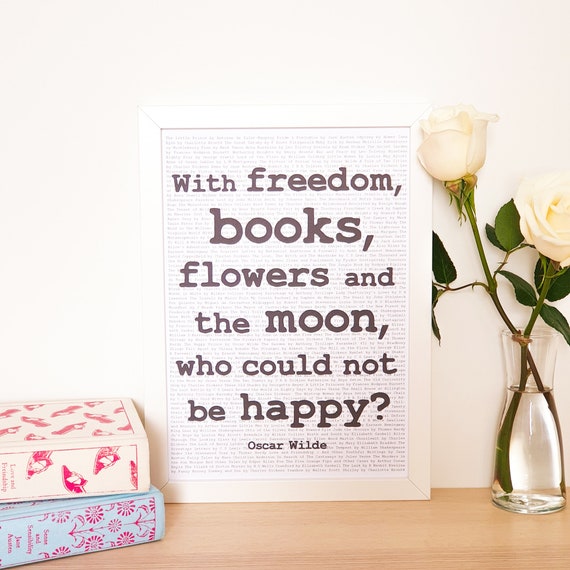Are there any books on your shelves that might be considered controversial? Are there any books there within which you could find some outdated attitudes, ideas, and values? Are there any authors on your bookshelves that are considered controversial, or even bigoted?
I can tell you, I would have to answer in the positive to each of those questions.
So, what do we do about it?
Recently Dr. Seuss Enterprises announced that it was going to discontinue the publication of six books written by Seuss because of racist content. This led to much discussion in the online book community, and beyond. There were those that thought the decision to be the right one. And, there were those who feared this to be another example of "cancel culture".
As we progress, societally, values will change. We will, rightly so, find ourselves having discussions that we haven't had before, realising that there are sections of society that we have neglected. And, as readers, we will find evidence of this in books from the past, books such as those written by Seuss.
I have recently been reading books by Jerome K. Jerome, and between the pages of those books I have found passages describing races, ethnic groups, and women in a manner that has made me raise my eyebrows. I am a fan of Dickens, but the character of Fagin makes me feel a tad uncomfortable - accusations of stereotyping and prejudice have hung around the character since Oliver Twist was published. Fagin is often described as "the Jew" throughout the novel, and he is portrayed as being a deceitful, villainous, and covetous criminal. However, Dickens defended the character, saying that he was simply representing a section of society that truly existed. And, in a way, he was right - in Victorian London, there was a large, poor Jewish community who were, in some cases, driven to crime. However, they were driven to that by an anti-Semitic society that offered them little opportunity.
As an adult, I am able to consider history, changes in values, evolving conversations, etc. I am able to appreciate that available knowledge evolves. However, coming back to Seuss, children's books are a little different - it's a little difficult to try and explain to a five year old the nuances, and just how the authors depictions of people is ignorant and prejudiced. And, it isn't only Seuss whose work has been reevaluated, there are a number of children's stories that have been revised or found themselves under the spotlight in the light of evolving discussions - Dr. Dolittle, Peter Pan, and Little House on the Prairie, to name a few.
There are some, mind you, that might argue these books offer parents the opportunity, and are a useful tool, to discuss with their children how ideas have changed, to demonstrate that once commonly held views can prove to be wrong and unfair. That's definitely a discussion worth having, in my opinion, for it would be awfully conceited of us if we were to believe that our own commonly held beliefs, at this point in history, are infallible and ought to be kept forever and always.
The discussion around environmental issues seems to have moved toward the fore in recent years. With animal welfare a concern for many, climate change, decreasing levels of biodiversity, etc., and these problems still receiving less attention than they truly deserve, we can probably expect future generations will consider our general attitude towards environmental issues, and how we discuss them in our literature, to be lacking. That's but one example, and we are probably writing about things now, with little thought or consideration, that, to future generations, will seem problematic and toxic.
Conversations evolve. In recent times, it has been suggested that thrillers and murder mystery novels which rely upon female victims ought to be addressed. And so they should! It is very difficult, critics say, to address the problem of violence against women in our society when we are being sold violence against women as entertainment, for titillation. However, others might argue that, violence against women being the problem that it is in our society it warrants discussion and analysis in art and creative work.
Perhaps then, is it the way in which we discuss these topics? If a novel really addresses an issue, can we forgive it and the author for relying on old tropes? If the issue is considered well, and not just used to sell the story?
In modern times, the conversation around how historically, culturally, societally marginalised groups are represented in novels has become a real topic of conversation amongst the reading/writing community. For this, in my opinion, we should be proud. If you are reading this blog post then you probably understand the power, the comfort, the wisdom, that can be found in books. That special way in which they can help us feel a little less alone. We ought to strive toward making sure this beautiful gift is afforded to as many people as possible, we ought to take into consideration those sections of society that have been denied that gift too long.
So, what of problematic authors? Do we separate the art from the artist? Or, is there a moral obligation to give up those works when we discover the writer to be toxic?
Since J.K. Rowling made some problematic comments online with regards to gender and trans people her stock has fallen amongst readers. She was once considered one of the most successful authors, and particularly kind, having given much to charity. However, she could now arguably be best described as problematic. I have read, in online comment threads, trans readers who, having loved the Harry Potter franchise, are hurt that novels in which they found hope, comfort, and joy have been written by someone who denies their existence.
When the Harry Potter books were originally published I didn't have much interest in them. I have never read a Harry Potter novel. However, they, being a series of books that feature on a multitude of "Must Read" lists, and Rowling having been considered one of the most successful writers of modern times, did eventually pique my interest. So, I have a couple of second hand Potter books on my shelves that I will get around to reading eventually. When I do, I will feel a tad uncomfortable about doing so, to be honest. However, I think that might be okay. If I am aware of the discomfort, that's okay, right? Besides, they are second hand books, so it's not like I sent any money Rowling's way.
It's okay, right?
When it comes to the question of whether or not we separate art from artist, I think that needs to be left up to the reader. For those that have been hurt by comments made by an author, there are many who have found comfort in that author's work. As I mentioned above, there are trans readers who are hurt by Rowling's words not just because of what she has said, but because they have enjoyed her writing. Even the people on the receiving end of a person's ignorance can find themselves in a position of having enjoyed that author's work!
But, how to navigate that, when made aware of the author's questionable feelings?
Well, that is up to you, I think. It may be that you decide to only purchase that author's work second hand, therefore denying them your money. It may be that you have to give up what you have loved. It may be that you have to go back and reread the books, knowing what you know, to see if you see anything there that you hadn't seen before . . .
I think that has to be up to you.
There have been some very dangerous precedents set in the past by people who have felt justified in telling others what they can and cannot read. And, the vilest and most evil of acts can be built on good intentions. Books ought to explore many aspects of what it is to be human, to be alive, even, I fear, some of the uglier sides to us and our societies. I think, personally, we must leave it up to the readers what they read. We mustn't aggressively press readers to justify their choices. We must, readers and writers, begin to include those that have not been included in books. We must think about how characters are portrayed. We should read with questioning minds. We should read widely . . .
Or, at least, that's just my opinion.
If you have any questions or comments on this one, feel free to drop a comment. Perhaps I got something wrong, perhaps you disagree with something I said, perhaps you want me to show my working out . . . Whatever it is, I am happy to discuss. I kind of feel, this post being one about bookish controversies, there may be some of you that have a point of view you wish to share!
Anyway, if you enjoyed this post, feel free to follow and/or support me over at ko-fi - it keeps me writing, and it is very much appreciated! Thank you!












